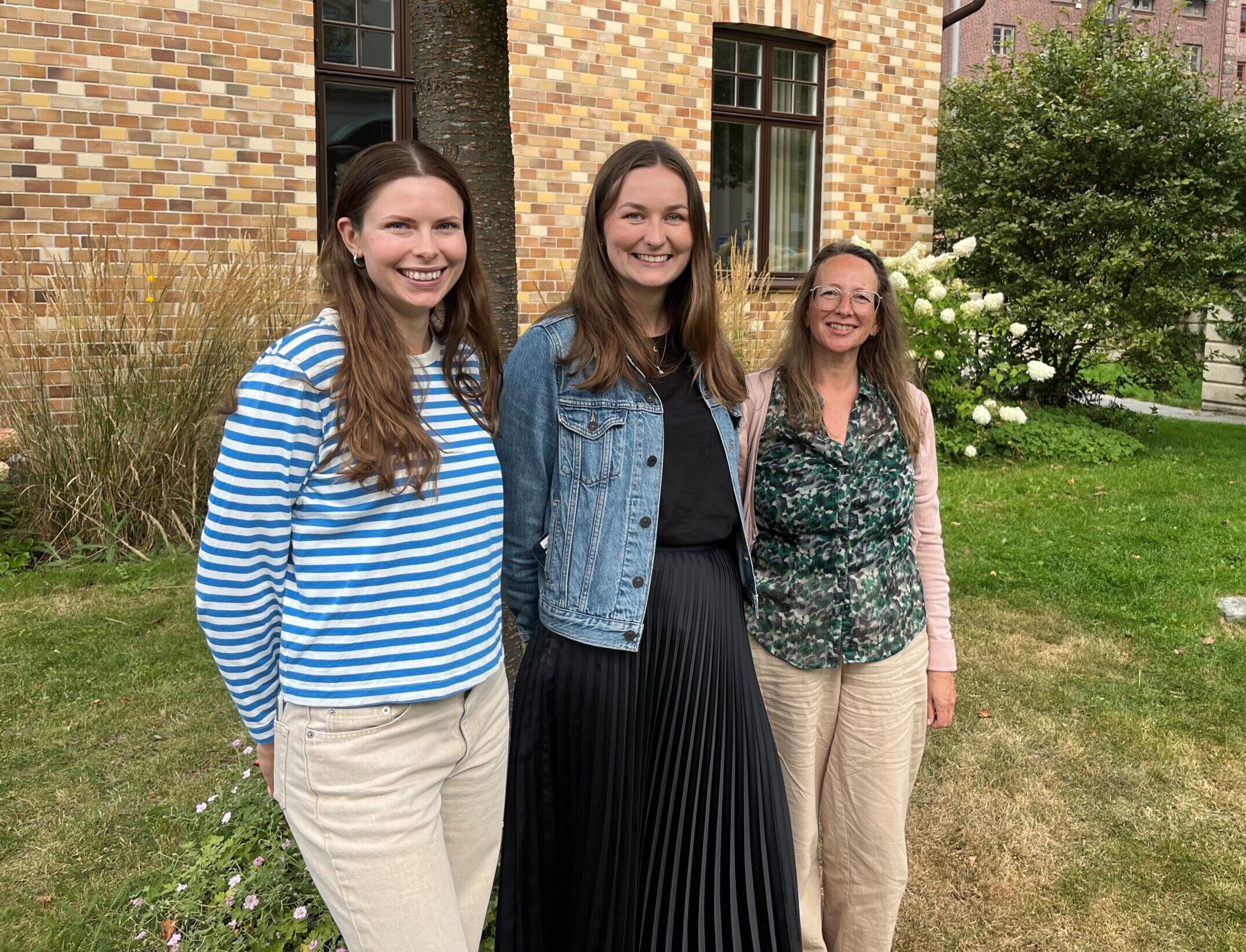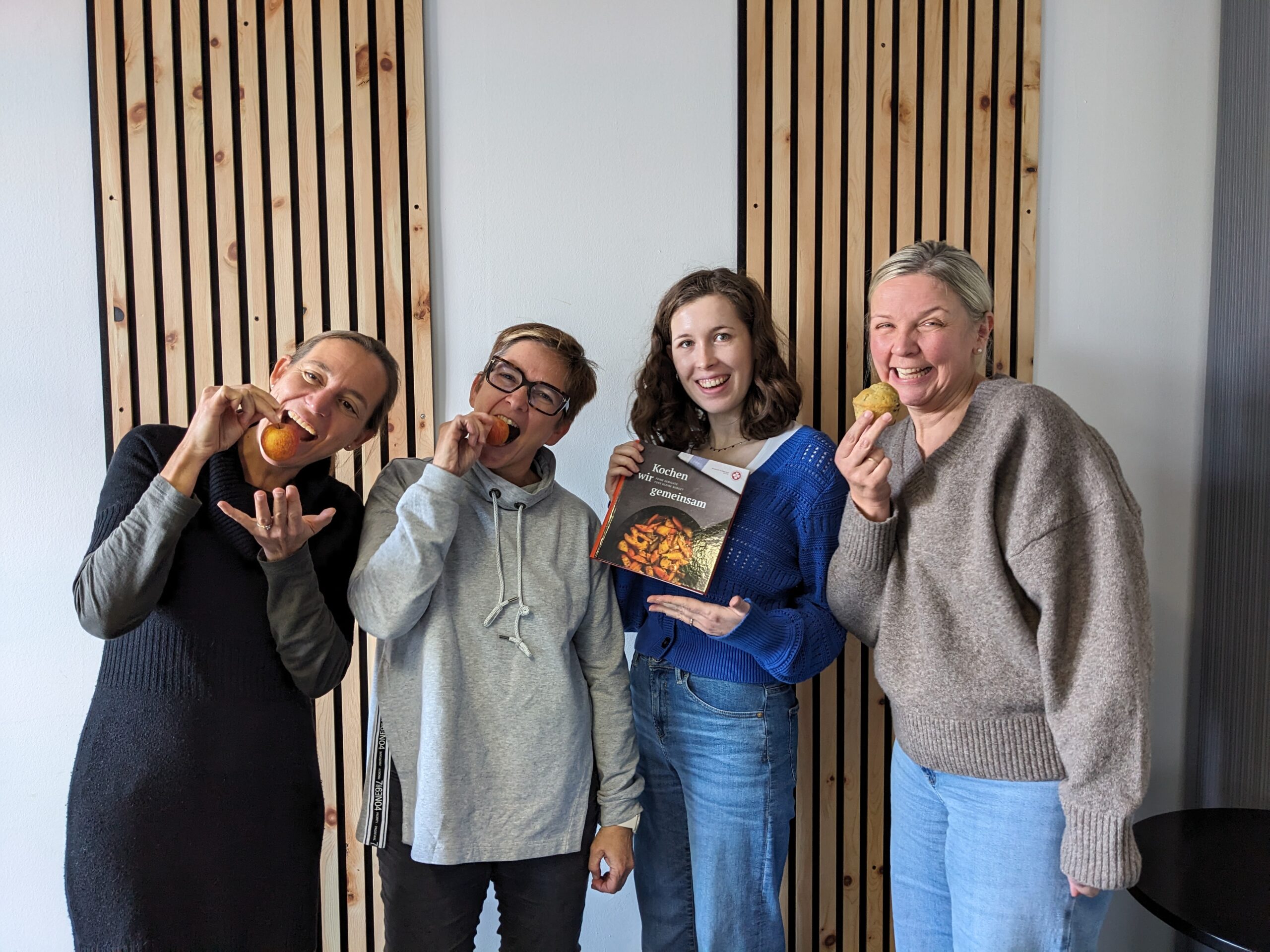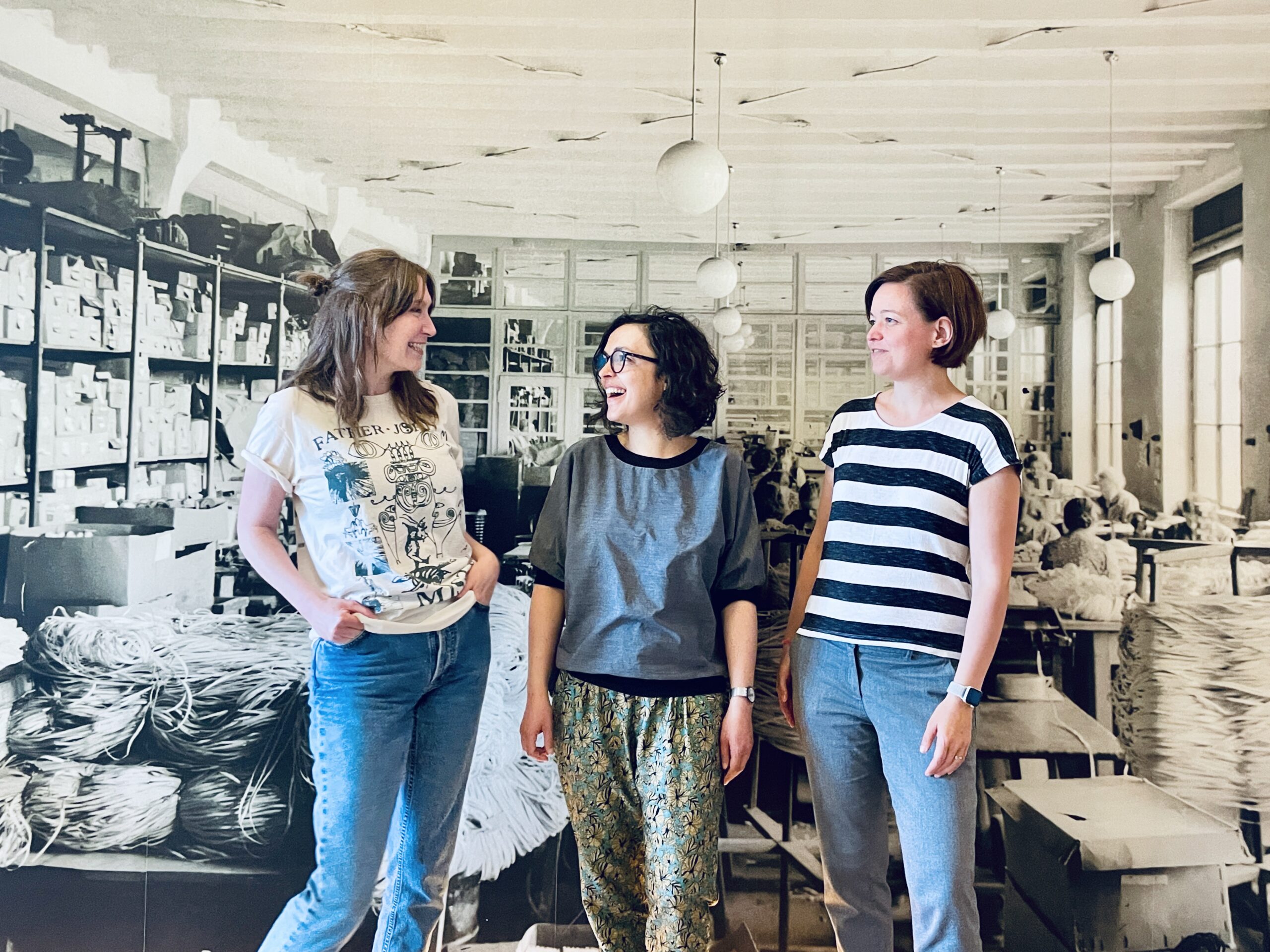Partner SpotlightProject Updates
Listening, measuring, changing: IVL helps households live more circular lives

Understanding households’ different needs is key to empowering their journey towards a more circular household
One of the challenges in CARE is to encourage the participating households in each country to become (even) more circular during an 18-month long test period. IVL Swedish Environmental Research Institute aims to empower participants in Gothenburg with fun and educational workshops, addressing food waste and clothing habits.
IVL will stay in close contact with the households to understand their challenges and needs, as this is a crucial part of giving advice and empowering households to go the extra mile in supporting a more circular lifestyle. All households have different situations, requiring tailor-made advice suited to their specific conditions.
IVLs diverse role in CARE
IVL Swedish Environmental Research Institute conducts applied environmental and sustainability research driving the transition to a sustainable society. The CARE team at IVL has expertise in textiles and food waste, including life cycle assessments (LCA) on textiles. Key to the project is bringing expertise on sustainable consumption, particularly with experience in social practice theoretical approaches and engaging citizens and households to create an understanding of current sustainable ways of doing and studying the effects of interventions.
In CARE, IVL is both the local partner recruiting and supporting the Swedish households, and the scientific partner conducting the life cycle assessments on clothes. IVL is responsible for recruiting households in all participating countries and organises all interventions for the food pilot, as well as for the clothing pilot in Sweden. Listening to households and adapting the interventions to their needs helps create a setting where participants can share what works for them, learn from each other and feel inspired to explore more circular ways of living.
The purpose of the LCA on clothes is mainly to capture changes in environmental impact before and after the pilot. The results will tell us what activities have the biggest environmental impact in the consumption and use of clothes. The LCA results are also used as a tool to support the households in identifying hotspots in their food consumption and clothing habits.
From food to clothing: supporting households in reducing waste
“We want to understand how households in Gothenburg already minimise their food waste and consume clothes circularly, and in turn inspire and support other households in the project’s community, and in the long run, even more people in the households’ lives” – Annelise de Jong.
For the food pilot, IVL wants the households to cook with leftovers or try new recipes using parts of vegetables that often go to waste. Despite different household situations, all participating households should be supported and empowered after taking part in the interventions – and thus be able to inspire others and help scale up the results of the project.
One of the household participants reflected on how the project has opened up new ways of thinking about and talking about food with others: “The reason to take part in the project was to find further ways to improve and be with others too. The trickiest thing with food waste, not for yourself, but when you talk to others about it is that many people end up feeling ashamed and need to think, and don’t want to be reminded that they’re throwing things away. The nice thing about the project is that there’s no finger pointing, but that it’s about what you can do to make yourself better.“
We want all households to feel that their journey towards a more sustainable home is as important as anyone’s, despite their current situation. – Maja Dahlbom
For the clothing pilot, IVL wants the households to take care of their clothes. They will receive information on different fibre types and how to best take care of them, including when to air the garments, when to just remove a stain, and how and when to wash the clothes. They will also be supported in repairing clothes and making the most of their wardrobes.
Another household contact said how meaningful this topic is to them personally, and what they hope to gain from the project: „When it came up, I thought this is what I’m doing. Embroidery, repairing and changing clothes, I have been active with that my whole life! In the project I would like to meet others since I’m retired and living alone. Also meeting those living in other countries, that would be great fun!“
IVL aims to provide this kind of support and connection, while also helping participants to understand the wider environmental impact of their choices: “We hope that the LCA results can guide the households in reflecting on their habits when it comes to their consumption and usage of clothes.” – Matilda Lidfeldt
Next up: individual analysis and starting the first intervention
Currently, life cycle assessments are being carried out for the participating households in all countries, based on their answers to a baseline survey. A minimum of 100 analyses will be conducted. Together with OsloMet, summaries for each household will be formulated, including hotspots and tailored advice for improving clothing habits.
In Sweden, the participating households will soon enter the first intervention phase, starting with an engaging event where the households will either cook together or learn the basics of different fibre types and how to take care of their clothes. Planning the first workshop is a creative process with active involvement of the households – something the IVL team is looking forward to.
Dicscover all CARE partners
Our project partners work hand in hand to explore what circular living means in practice – and how it can be scaled through collaboration, knowledge and action.
Discover how each organisation contributes to a more circular future here.
Organisations interested in connecting with IVL directly, or Swedish households still wishing to participate in the project, are welcome to visit IVL’s dedicated CARE page for more information (in Swedish).
Together with CARE, we transform our world for the better.
Header image: Annelise de Jong


